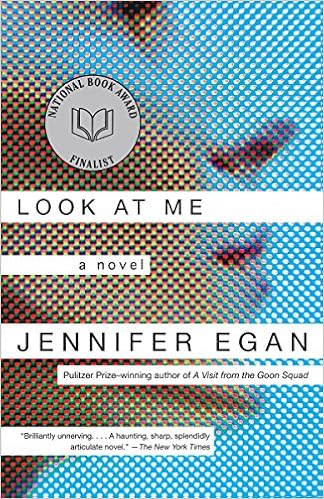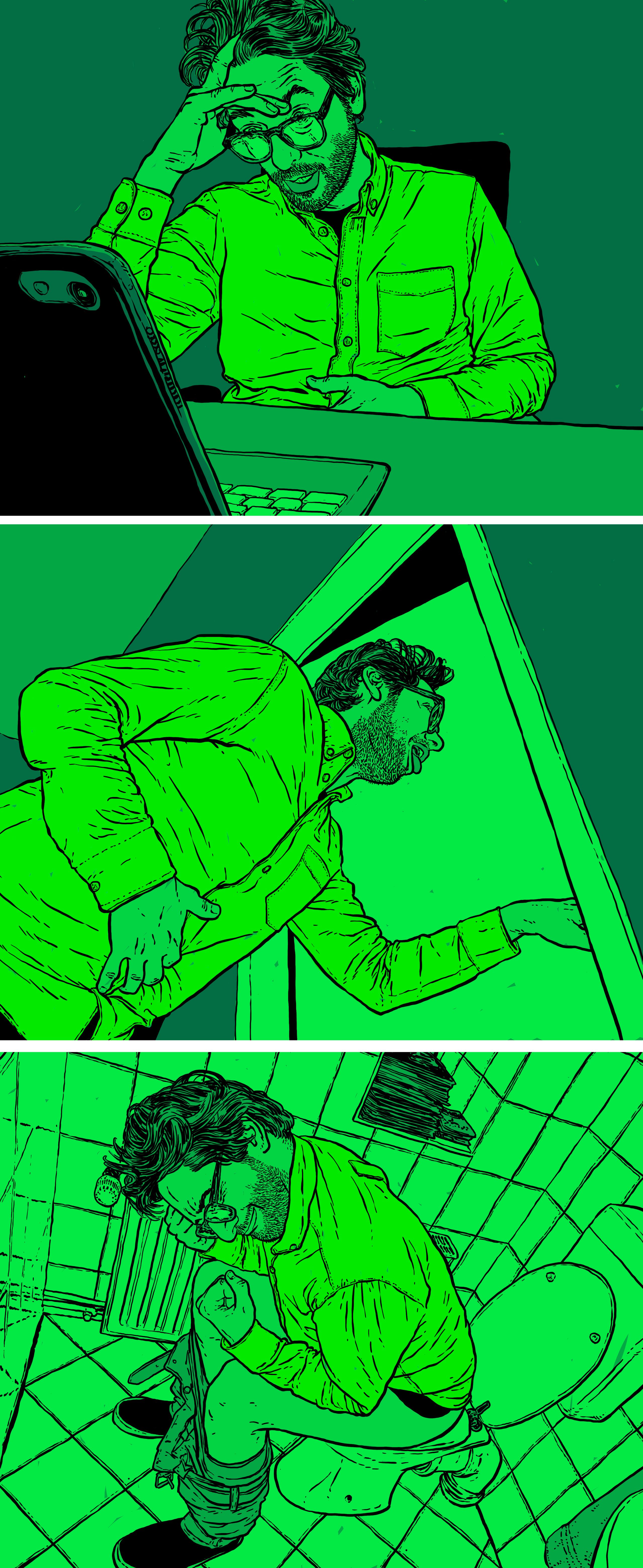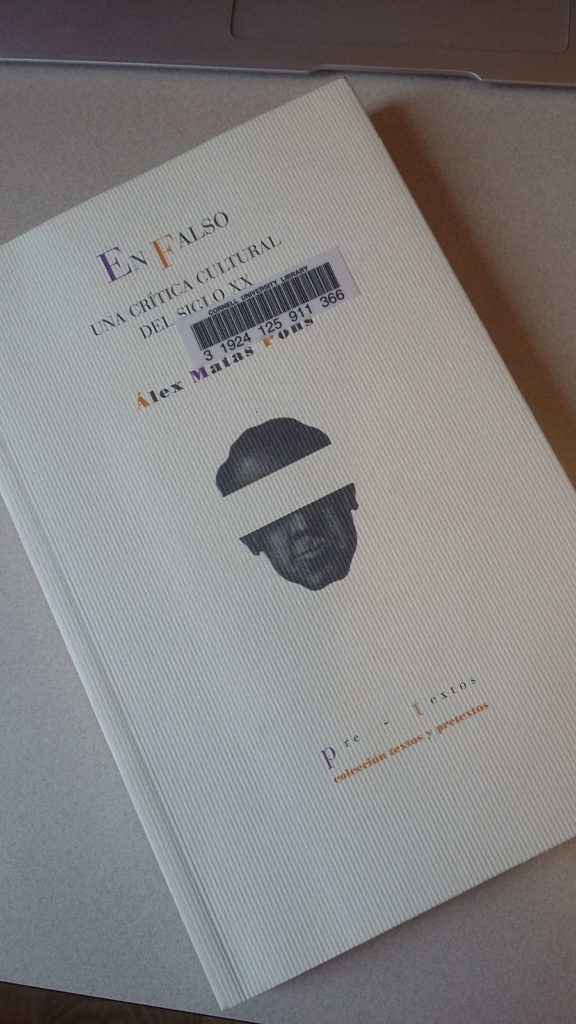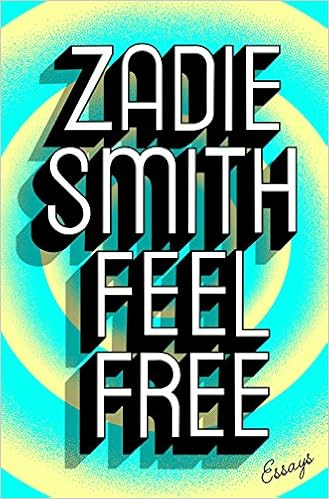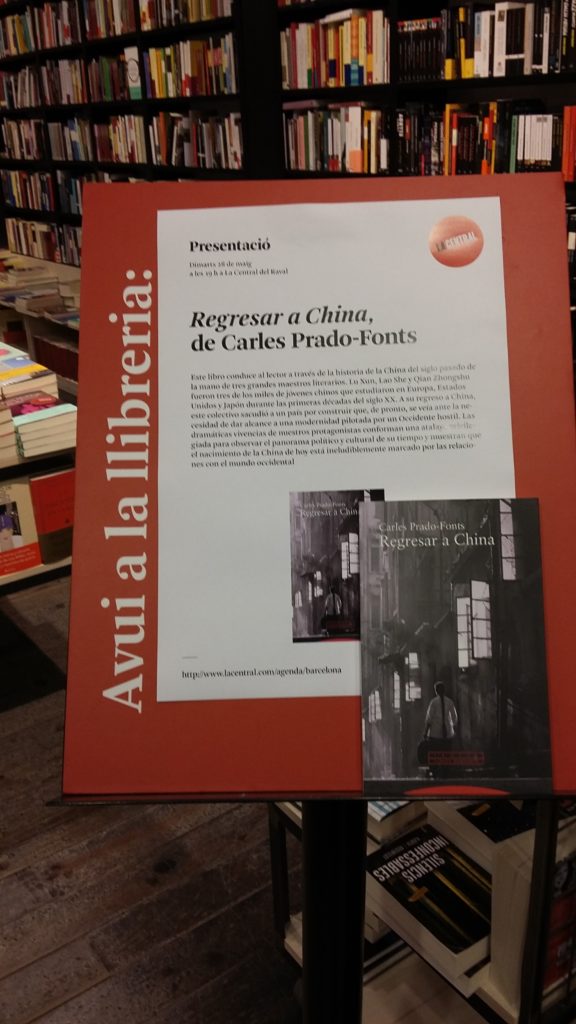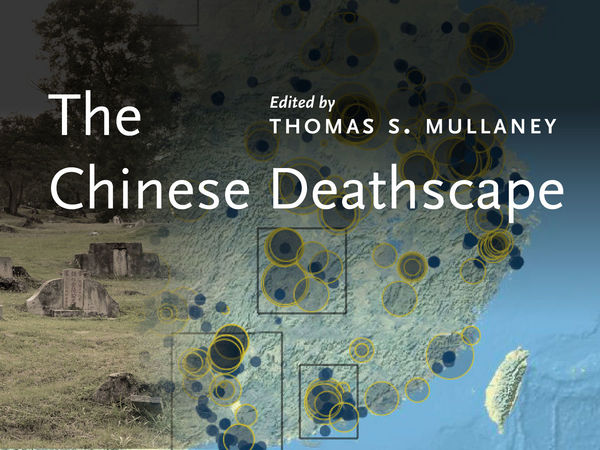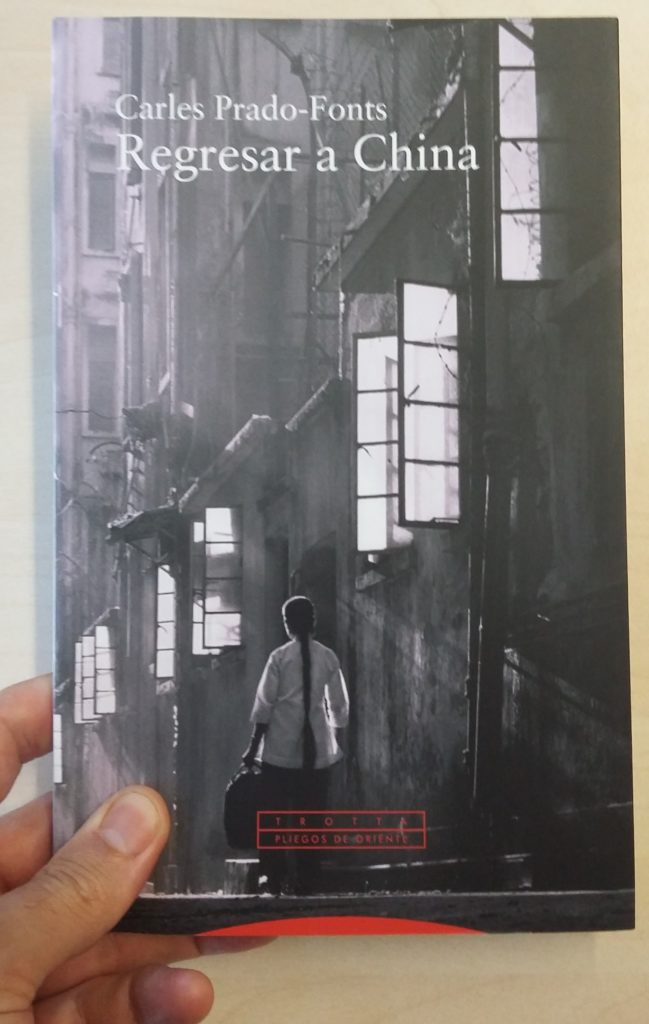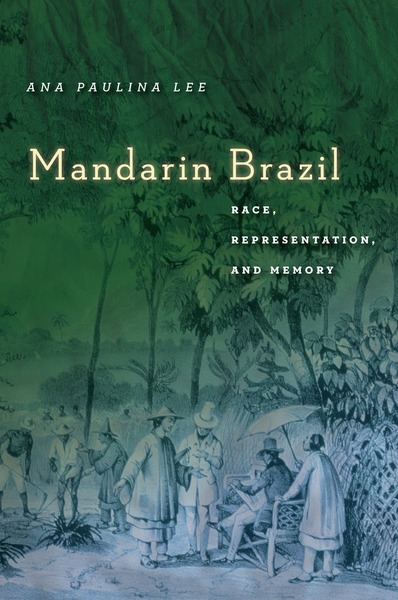Interesting piece in The Chronicle Review: Cal Newport, Is Email Making Professors Stupid? , a promo for his new book, Digital Minimalism. I share Newport’s diagnosis:
Society has been engulfed by a crisis of concentration that has hit higher education particularly hard. Our time and attention have gradually shifted from the specialized intellectual tasks that directly produce value to busywork, such as managing our inboxes and tackling nonessential administrative obligations.
Yet I’m not so sure about his remedy:
Instead of giving in to this reality, we should reaffirm the importance of the life of the mind by reforming the academy as a beacon of concentration in an age of distraction. Higher education can lead the way in turning back the tide of electronic chatter that threatens to overwhelm us. Do we have the will to protect what’s important against the pull of what’s easy? Will we stand for the power of concentration over the shallowness of rapid communication? And if not us, then who?
True. Yet, as inspiring as it may sound, is it realistic to combat managerialism with monasticism? Where are we working, actually? A recent reading particularly useful to understand how deep the problem is: Mark Garret Cooper and John Marx, Media U: How the Need to Win Audiences Has Shaped Higher Education (Columbia UP, 2018), with, of course, its corresponding promo piece here.






